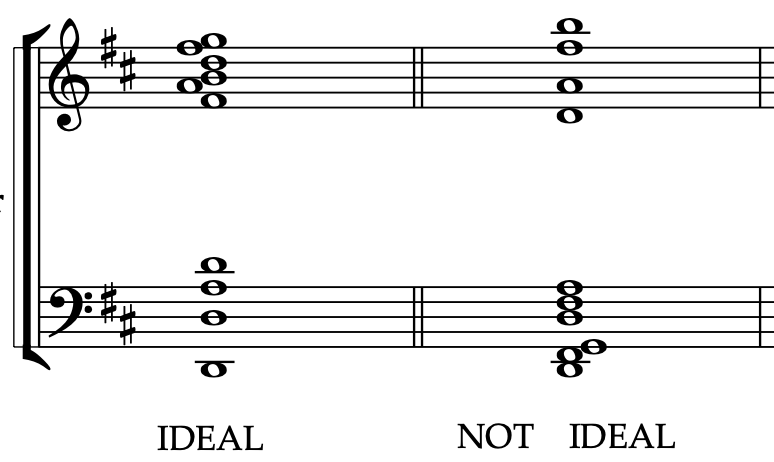From the Podium #22.4
March 22, 2022
Dear Friends and Supporters of Pro Coro Canada,
Mentorship is an important part in my work as choral pedagogue. Over the last 20 years, I have worked with emerging singers, conductors, and composers across Canada and Europe. You likely have read about, and even seen in concert, an element of our Emerging Artists program. Most recently we had EAR Jessie Pierpont working with Pro Coro, and you can read about her experience in the newsletter and on our blog.
As some of you, dear readers, might know, I started out as an elementary school classroom teacher. The training I went through in Switzerland at the time is different from what is/was maybe the norm in Canada. I entered teacher’s college at the age of 16, and after almost 6 years of training, at the age of 21, started to teach Grades 3 and 4 in the public school system. Eventually, I taught music education at a Junior High School for almost 10 years. My teaching philosophy can be traced back to my formative years at Teacher’s College, rooted in the Philosophy of Swiss Heinrich Johann Pestalozzi, and I will explore this in a future post.
Pro Coro Canada has a longstanding relationship with MacEwan University, and we collaborate with their professors in assisting the development of students. A favourite, annual program is working with the composition students.
In the Fall semester, I present a session on choral music and writing for choir. This entails elements such as vocal techniques, setting of texts, melodic development, and arranging harmony with voices. There are concepts that are global and can be applied to most all instruments, and then there are specific considerations for the voice. For example, we talk about vowels, and how the shape of a vowel, even a regional accent, can impact the overall sound of a choral piece, or choral performance.
Photo by Karen Shepherd, student at MacEwan University
In the Winter semester, the students are assigned to write a choral composition. This work is part of their grades, and reviewed by their professor. In addition, and that’s where Pro Coro comes in, their composition will be sung and recorded by our choir.
In these sessions, we work with 12 singers. They receive the new works a couple weeks prior to the event and read through their part. Myself, I might have received the scores a month ahead of time, and often request some corrections from the student composers. We need to prepare and analyse the intention in the music. With novice composers, many often writing for a choir for their first time, there are some to-be-expected errors in the material. In order to make the recording session efficient, it is necessary to edit and correct the score ahead of time.
An error that appears often is the setting of a chord in an unbalanced, tight/dense voicing. Lower voices (basses and tenors) require more vertical distance, i.e. larger intervals, in between their parts, while the upper, treble voices (altos and sopranos) will sound okay in close proximity. This has to do with the overtone structure, which, when applied intentionally, can create a rich, vibrant choral sound.
I highlight such instances in my own score preparation and jot down some options. When we sing it through with the student present, I request the choir to sing different versions, and ask the student to describe what they hear, and how it differs. Then we can make an intentional choice based on a living example. For the Pro Coro singers, this is a fun exercise as they have to adapt on the spot. Sometimes, we go as far as to say ‘re-voice the following section’, and the singers have to analyze the vertical structure (harmony) and make up a new horizontal structure (melody) WHILE they sing it.
Another challenge we usually can assist with, is the setting of texts/lyrics. There are standardized approaches in music notation, and you might have come across a melody before that looks like the one on the Left. We use hyphens to separate syllables correctly, and we add slurs from pitch to pitch to indicate the duration of the syllable.
On the right you see a couple erroneous versions, with incorrect syllables, no slurs and confusion around how a syllable is applied to a pitch. Again, these are things the choir analyzes and autonomously corrects while singing the new piece.
The students have a chance to sit in the ‘hot seat’, beside me in front of the choir, and provide insight into the composition process, their intentions, and give feedback to what they hear. After this 20 minutes interactive workshop, the choir records the work. This provides the students with a professional rendition of their work, for further study, for their portfolio and simply, to enjoy their achievement in writing a choral work.
I hope you enjoyed this short excursion into our work with emerging artists.
With my best wishes
Michael Zaugg, Managing and Artistic Director




